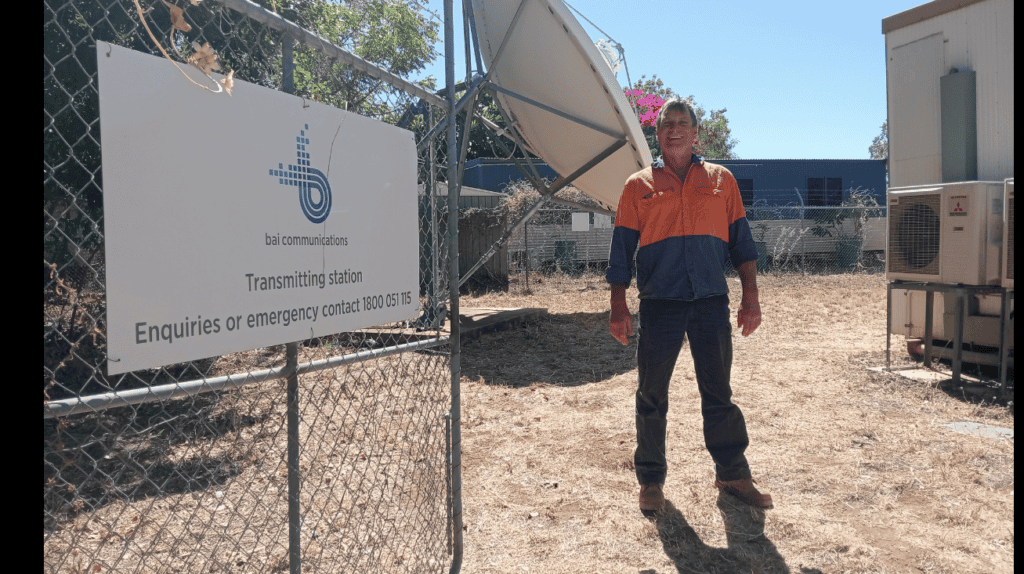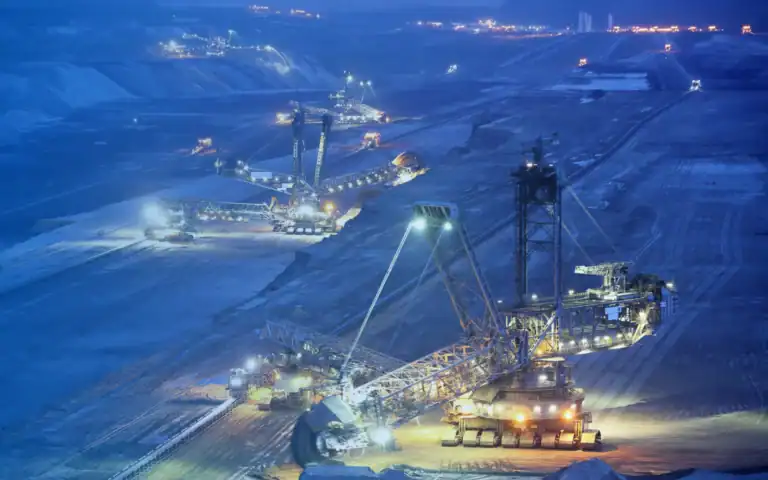Building resilience and fostering independence
At BAI, our mission extends beyond providing broadcast connectivity; it’s about empowering communities and broadcasters, especially in remote and regional areas, to stay connected, safe, entertained and informed.
Wangki Yupurnanupurru Radio (Wangki) is an Aboriginal community broadcaster serving over 40 communities in the Fitzroy Valley, Western Australia, that was founded in the late 80s. Elders and community, seeing the fast growth of media technology, decided to create a local radio station to service the needs of local people. It was a way to pass on culture, maintain language, share stories, news and music.
In the beginning, Wangki Radio was a segment on ABC Kimberley but after obtaining their own AM licence, began broadcasting full time on 936AM. Over twenty-five years later, Wangki is a thriving community radio station. Over 10,000 listeners tune in and listen to Wangki every week.
An insightful interview and a tour of the transmission site
Ken Dreibergs, a skilled broadcast technician working on behalf of BAI, was recently interviewed by Wangki’s Andrea Myers.
During the interview, Ken explained the basics of radio broadcasting, including the differences between Amplitude Modulation (AM) and Frequency Modulation (FM) signals which are two primary methods of radio transmission. AM radio is known for its long-range capabilities but is more susceptible to static and interference. In contrast, FM radio offers higher sound quality with less interference but has a shorter range.
He also took the opportunity to provide a behind-the-scenes look at the local radio transmission site and tower. He guided the Wangki team through the intricate setup, explaining the technology and infrastructure involved in maintaining a reliable broadcast service.
Having undertaken some work with Wangki Yupurnanupurru Radio (Wangki) last year at their transmission site to improve lightning resilience and site conditioning, BAI continues to explore opportunities to work with Wangki to improve their broadcast services and provide ongoing technical mentoring ensuring long-term support for Wangki while fostering local expertise.
For more insights, listen to Ken’s interview or visit Wangki’s website.






